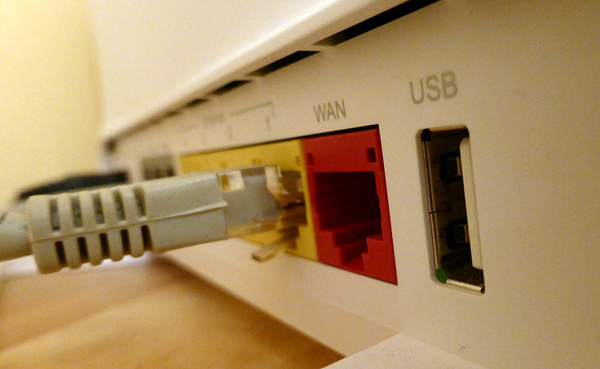- La Feria Community Holds Succesful Business Mixer Event
- Little Nashville to Take Place in Downtown Mercedes
- Lions Basketball Captures District Gold
- La Feria ISD Students Compete in Regional Chess Tournament
- Lions End First Half of 32-4A on a High Note
- La Feria ISD Held Another Successful Parent Conference
- Strong Appearance for Lions at Hidalgo Power Meet
- LFECHS Students Get to Meet Local Actress
- Students Participate in Marine Biology Camp
- Two LFECHS Students Qualify for All-State Band
Internet Advocates Urge Congress to Call Off “Sneak Attack”
- Updated: July 3, 2015

More than 60 organizations sent a letter calling on Congress to remove a rider in its budget bill they claim would block the FCC from implementing net neutrality rules. Photo: Sean MacEntee/Flickr Commons.
by Eric Galatas/TNS
AUSTIN, Texas – More than 60 civil rights and public-interest groups sent a letter urging Congress to protect the Federal Communications Commission’s (FCC) decision to keep the Internet open.
The coalition is protesting a rider, attached to a must-pass government funding package, that would take away money the FCC needs to enforce net neutrality rules. Timothy Karr, senior director of strategy with the nonprofit Free Press, says the provisions are buried inside a spending bill 150 pages long.
“This is one of the more sneaky ways to do it,” he says. “Slip a couple lines of language into a budget appropriations bill.”
Advocates claim that by eliminating the FCC’s ability to protect net neutrality, the appropriations bill would have a chilling effect on First Amendment rights and the economy. The American Library Association, National Hispanic Media Coalition, American Civil Liberties Union and Electronic Frontier Foundation are among the groups that signed on to the letter.
In February, the FCC responded to nearly four million public comments with a decision to protect the fundamental openness of the Internet – no “fast lanes” for corporations, and no “slow lanes” for average citizens. Karr says since the ruling, an entrenched phone and cable lobby has worked to punish the FCC for protecting the public’s interest in the courts and now in Congress.
“The public, on the issue of net neutrality, has been overwhelmingly in favor of open Internet protections,” he says. “So we’re seeing the backlash of that decision.”
Karr adds that the funding package is inching closer to a vote before the full House, but there’s still time for members to remove the provisions.


